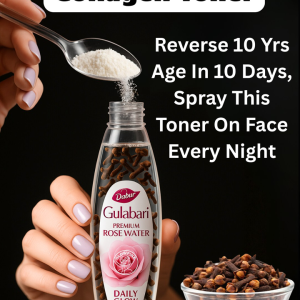
Have you ever woken up in the middle of the night, fully aware of your surroundings, but completely unable to move, speak, or even scream?
As if your body were frozen, while your mind remained awake and trapped inside… That terrifying experience has a name — and it’s more common than you might think.
Today, we’ll explain what it is, why it happens, and what you can do to prevent it. Get comfortable, because this topic might just keep your eyes wide open.

What Is Sleep Paralysis?
Sleep paralysis is a phenomenon that occurs when someone is transitioning between sleep and wakefulness. During this phase, your body can be fully asleep while your mind is awake. This causes a temporary disconnect between the brain and the muscles, leaving the person unable to move or speak for a few seconds or even minutes — despite being conscious.
It can happen as you’re falling asleep (hypnagogic paralysis) or as you’re waking up (hypnopompic paralysis).
What Does It Feel Like?
People who’ve experienced it often describe it as terrifying:
- You can’t move your arms, legs, head, or speak.
- There’s often a feeling of pressure on the chest, like something heavy is pressing down.
- In some cases, people report visual or auditory hallucinations — shadowy figures, voices, or the sense that someone is in the room.
- Episodes typically last between 20 seconds and 2 minutes — but they can feel like an eternity.

Why Does It Happen?
The exact cause isn’t fully understood, but researchers believe it’s linked to a disruption in the sleep cycle — particularly the REM (Rapid Eye Movement) stage, when dreaming is most vivid.
Here are the most common triggers:
- Stress and anxiety – these interfere with restful sleep and raise the risk of sleep paralysis.
- Sleep deprivation – getting less sleep than needed disrupts the deep stages of sleep.
- Sudden changes to your sleep schedule – like traveling, staying up late, or working night shifts.
- Sleep disorders – such as narcolepsy.
- Sleeping on your back – this position seems to increase the likelihood of experiencing it.
Is It Dangerous?
Although it can feel extremely distressing, sleep paralysis itself isn’t dangerous. It doesn’t cause physical harm or brain damage. However, if it happens frequently, it can affect quality of life by creating fear around sleeping and increasing chronic stress.

How Can You Prevent It?
Here are some expert-backed tips to reduce your chances of having an episode:
- Stick to a consistent sleep schedule — go to bed and wake up at the same time daily.
- Practice stress management techniques like meditation, deep breathing, or yoga.
- Avoid caffeine, alcohol, and heavy meals before bedtime.
- Stay off screens at least 30 minutes before sleep.
- Create a relaxing sleep environment — dark, quiet, and comfortable.
- Avoid watching or reading horror content before bed, especially if you’re prone to nighttime anxiety.
What to Do During an Episode
If you find yourself in the middle of a sleep paralysis episode:
- Remind yourself it’s temporary. As scary as it feels, it will pass in seconds.
- Try moving your fingers or toes. Small movements can help regain control.
- Focus on your breathing. Staying calm is key to preventing panic.
- Don’t fight it forcefully. Struggling can make the fear worse.

When Should You See a Specialist?
If episodes happen often or begin to affect your daily rest and mental health, it’s a good idea to speak with a neurologist or sleep specialist. There could be underlying issues, like sleep apnea or narcolepsy, that require medical attention.
Final Thoughts
Sleep paralysis isn’t a curse or a supernatural event — although many cultures have interpreted it that way for centuries. It’s a scientifically understood experience that can often be managed with healthy habits and emotional awareness.
If it’s happened to you, you’re not alone. Thousands of people have gone through it. Sharing your story might help you understand it better — and help others too.
Has it ever happened to you?
Tell us in the comments — and let’s break the silence around this strange but very human experience.




